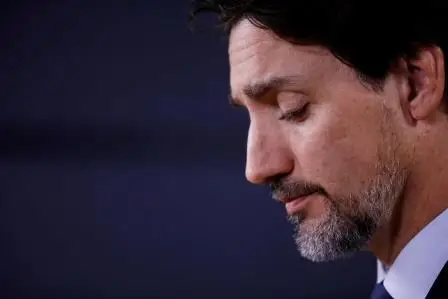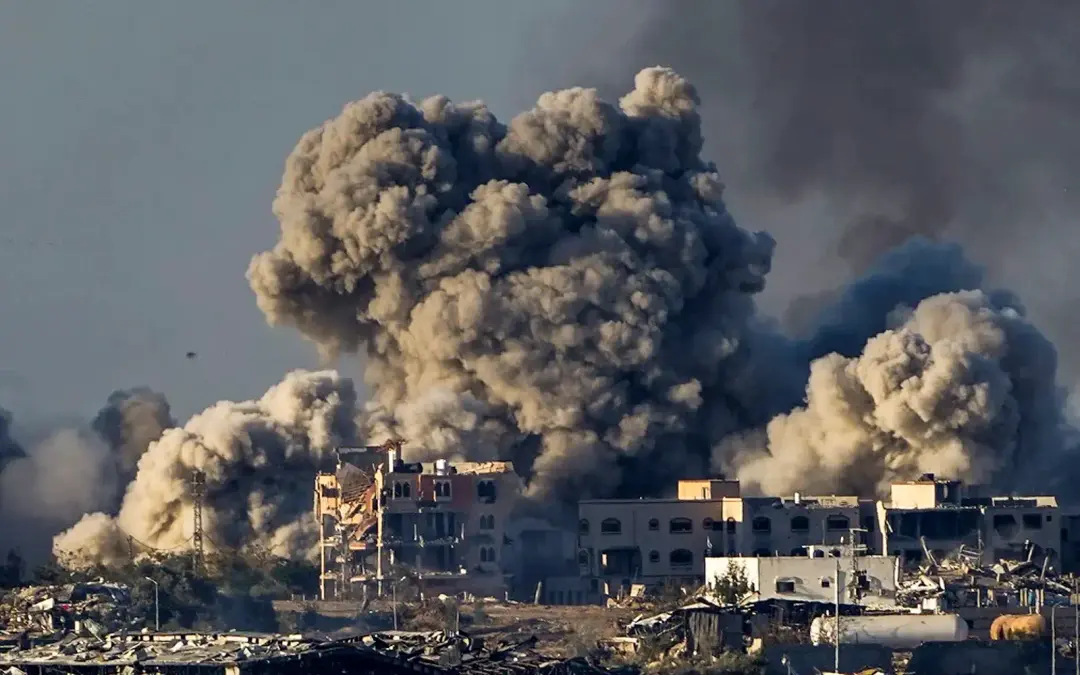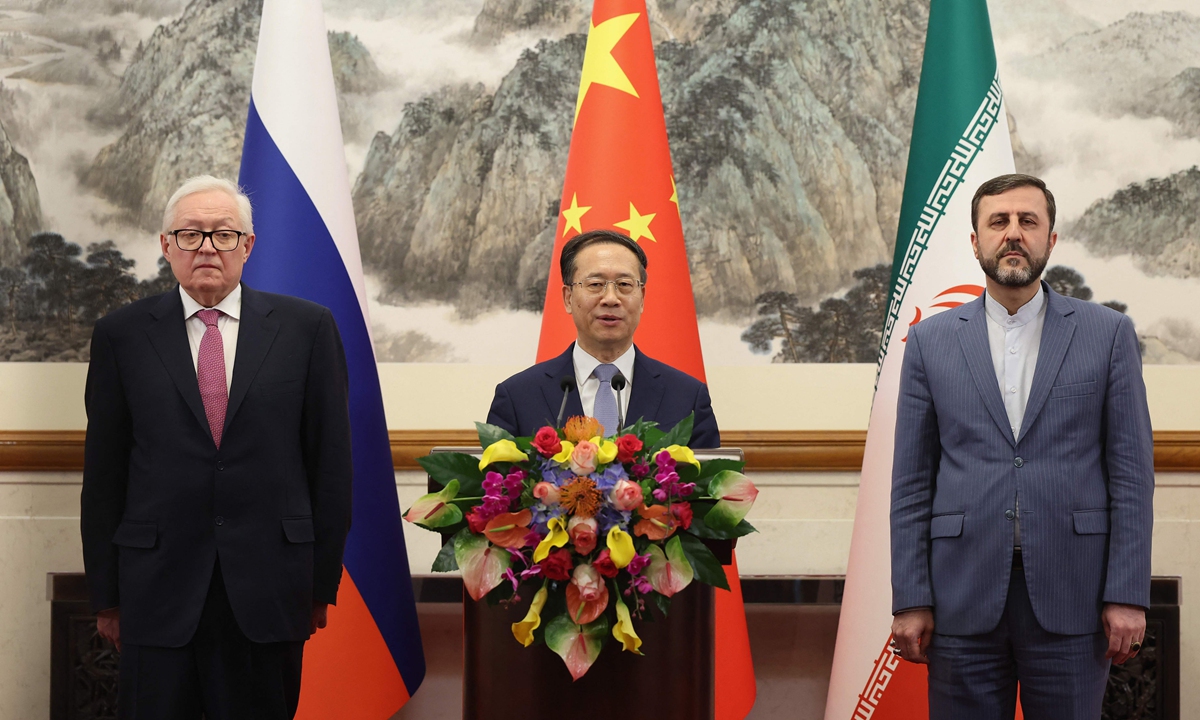The relations between India and Canada were experiencing strains, and there were several key issues contributing but the latest and the threatening one is the murder of a Khalistani sikh leader, termed by India as a terrorist in the month of June and the latest allegation made at the Canadian parliament by Prime Minister Justine Trudeau that Indian agents involved in the separatists killing in Canadian soil and India’s denial on the issue and followed by diplomatic war includes the expulsion of each other’s diplomats from their consulates and travel advisory etc.
The latest allegation and strain of the relationship are not new and it’s been happening for the past few years. One significant factor was Canada’s comments and expressions of concern about human rights issues in India, particularly related to the farmers’ protests that had gained international attention. These comments drew criticism from the Indian government, which viewed them as unwarranted interference in its domestic affairs.
Another contentious matter was the treatment of the Sikh diaspora and allegations of support for Khalistani separatist movements in Canada. India has expressed concerns about radical elements within the Sikh community in Canada and has called on the Canadian government to take action against them.
Trade disputes also played a role in the strained relationship. Trade tensions had been escalating, with both countries imposing tariffs and trade restrictions on each other’s products, including agricultural goods and pulses.
Additionally, the suspension of direct flights between India and Canada due to COVID-19 added to the challenges in people-to-people and economic ties.
It’s important to note that diplomatic relations can change over time, and the situation between India and Canada may have evolved since my last update in September 2021. For the most current information and a comprehensive understanding of their bilateral relationship, it’s recommended to consult recent news sources and official statements from both countries.



